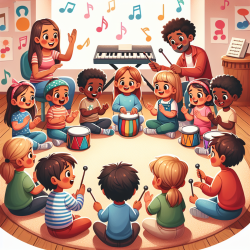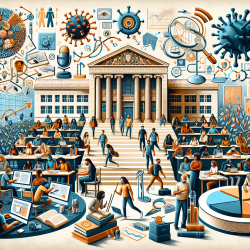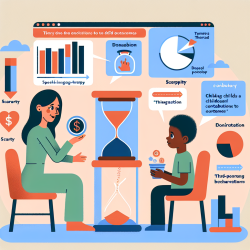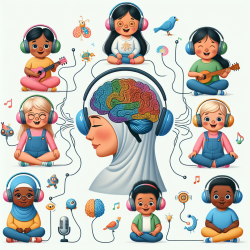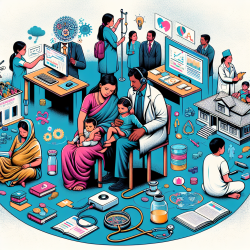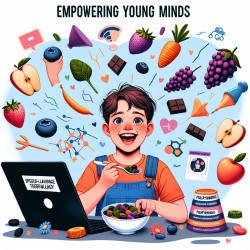Autism Spectrum Disorder (ASD) affects approximately one in 68 children, significantly impacting their ability to acquire social skills. Research has shown that music therapy can be an effective intervention for improving social outcomes in children with ASD. This blog will explore key findings from the research article "Social outcomes in children with autism spectrum disorder: a review of music therapy outcomes" by A. Blythe LaGasse, and provide actionable insights for practitioners looking to enhance their therapeutic approaches.
The Power of Music Therapy
Music therapy is defined as the clinical and evidence-based use of music interventions to accomplish individualized goals within a therapeutic relationship by a credentialed professional. Music therapy can be particularly effective for children with ASD due to their unique attraction to musical stimuli and enhanced musical abilities. The structured yet flexible nature of music provides an ideal medium for practicing social skills.
Key Research Findings
The research highlights several benefits of music therapy for children with ASD, including:
- Increased engagement behavior
- Improved social interaction
- Enhanced emotional engagement
- Increased joint attention behaviors
- Improved communication skills
These outcomes are assessed using standardized nonmusical scales of social functioning from the parent or clinician perspective, as well as musical engagement and outcomes assessed by certified music therapists.
Implementing Music Therapy in Practice
For practitioners, incorporating music therapy into their treatment plans can be highly beneficial. Here are some strategies to consider:
- Individualized Treatment Plans: Tailor music therapy interventions to the specific needs and abilities of each child.
- Use of Structured Musical Experiences: Create predictable and rhythmic musical experiences to facilitate social interaction.
- Family-Centered Approaches: Involve parents and caregivers in the therapy sessions to promote social engagement within the family unit.
- Combination with Evidence-Based Strategies: Integrate music therapy with other evidence-based practices such as reinforcement, prompting, and picture schedules.
Encouraging Further Research
While current research supports the efficacy of music therapy for improving social skills in children with ASD, there is a need for larger-scale studies and more diverse assessment tools. Practitioners are encouraged to contribute to this growing body of evidence by conducting their own research and sharing their findings.
Conclusion
Music therapy offers a promising avenue for enhancing social skills in children with ASD. By incorporating music therapy into their practice, clinicians can provide engaging and effective interventions that promote meaningful social interactions.
To read the original research paper, please follow this link: Social outcomes in children with autism spectrum disorder: a review of music therapy outcomes.
